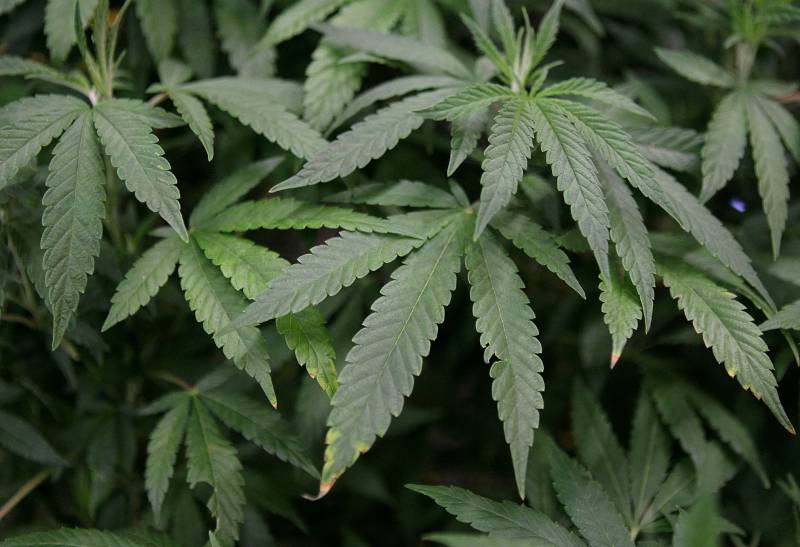“What I think is fascinating is, in the last 24 hours, governors across the country have really weighed in. You’re seeing calls in a lot of states for governors to issue a lot of pardons. I think what is really smart about this move is (that) on a popular issue that Americans broadly support, a lot of governors are being forced to take a position on this issue, knowing (it) is broadly popular — in California in particular.”
California is ahead of many other states in its effort to expunge records and pardon minor cannabis crimes, but Jain says there’s still a lot of work to do. He adds that Biden’s pardon could give Gov. Gavin Newsom more of a mandate to pursue progressive criminal justice policies.
Rescheduling … or descheduling?
But the really big move, according to Jain, is the president’s call to review the scheduling of cannabis, which is currently Schedule I along with heroin and LSD — drugs that are classified as having no medicinal benefit and a high potential for abuse. Even fentanyl, cocaine and methamphetamine are Schedule II.
“California, more than any other state in the country, has a huge stake in there being a national market for cannabis. California is the breadbasket of cannabis. Yet because we operate in siloed state markets, California produces many times more cannabis than there is demand for within its own borders, and that creates a massive illicit market. So California stands to benefit tremendously from a rational national marketplace for cannabis. So more than any other state, California has a stake in the eventual rescheduling and descheduling of cannabis, which will likely take many years. But it’s a great first step.”
But Jain also echoed U.S. Rep. and Co-Chair of the Congressional Cannabis Caucus Barbara Lee in pointing out that rescheduling might defeat the purpose and that, ultimately, what is needed is descheduling.
“What is dangerous about rescheduling cannabis is if we move cannabis to Schedule II, which is where, you know, cocaine and meth and fentanyl are, (we would) perpetuate the fiction that cannabis is as dangerous as cocaine and fentanyl. (So) I think it’s critical that we schedule cannabis in order to really properly finally recognize the medical utility that we have known it has had for generations, but (which) we have denied in the name of politics,” said Jain.
Dangers of complacency
Nevertheless, California continues to face significant challenges, and while Biden’s federal cannabis pardon may be a good first step, there remain serious hurdles for the cannabis industry in California. Jain lists complacency, taxation and the inability of cannabis businesses to access the federal banking system.
“Cannabis companies can’t claim any federal tax deduction, so they pay a 70% or 80% effective tax rate. Even Apple would not be profitable if it could not claim federal tax deduction. That tax provision is why there are cannabis companies out there that are making billions of dollars in revenue but are actually bleeding cash because all of that money is going to Uncle Sam. And so although there may be risks, there is nothing more unsustainable than the current state of affairs in which it is impossible really to run a profitable legal cannabis business in the United States and where it is much more profitable to run an illegal business.”
California legalized recreational cannabis in 2016, promising to create the “largest legal weed market in the world.” Legalization promised to generate millions of new tax dollars and lure marijuana farmers and sellers away from the illegal market. That didn’t happen as planned. Instead, illegal cannabis farming exploded, leading to violence, deaths and environmental damage from the illegal grows. Cannabis convictions were also supposed to be cleared, but tens of thousands still languish in prisons and the promises of social equity remain unfulfilled.
Jain believes Biden’s move is all the more important because of what has happened since 2016.
“I think what is really positive about this is it moves us and takes us away from the status quo,” he said. “There is no greater danger to the industry than the status quo.”

